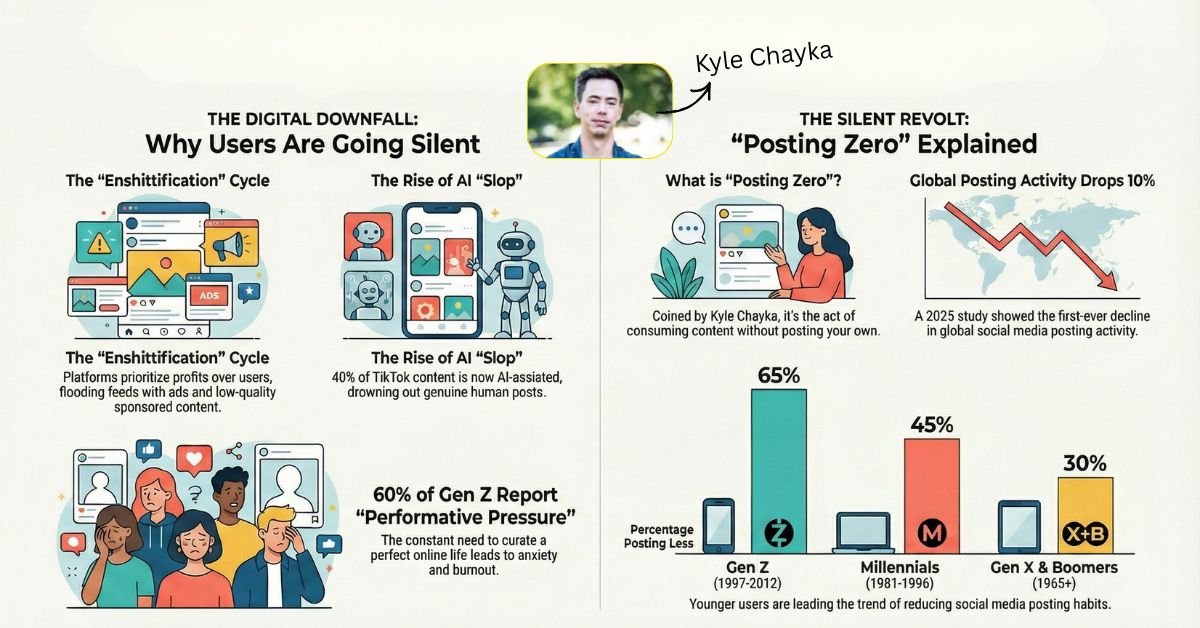Table Of Contents
Governors vs Senators
So, you are diving into the deep waters of U.S. civics, huh?
You may be prepping for a big test or curious about what is happening worldwide.
Either way, you are here to determine the difference between governors and senators.
They are both big-shot political positions, but what exactly do they do?
Moreover, why should you care?
Let us break it down, sprinkle in some humor, and make this as engaging as a Netflix binge.
Meet The Governor: The State’s Very Own Superhero (Without The Cape)
Picture this: you are the president.
Not of the entire United States, but of your state.
Pretty cool.
That is what a governor does.
They are the top dog, the head honcho, and the state’s executive branch leader.
Imagine being the one who calls the shots on everything from education to emergency responses.
That is the governor’s gig.
However, here is the twist—they can only flex their muscles within their state’s borders.
It is like being the captain of your high school football team, but you only get to make the rules for some of the league.
- What They Do: Governors sign bills into law, manage the state’s budget, and even call in the National Guard if things get dicey. Think of them as the CEO of your state.
- Their Power: It is limited to their state. They are big fish, but only in their pond. They cannot draft federal laws, but they can veto state legislation.
- Fun Fact: Some governors have advanced their state leadership skills to become U.S. Presidents. Talk about career growth!
Enter The Senator: The State’s Ambassador In Washington, D.C.
Now, let us shift gears and talk about U.S. Senators.
These folks are not running the show back in their home state like governors are.
Instead, they represent their state on the national stage, right in the heart of Washington, D.C. Think of them as ambassadors.
However, instead of mingling at fancy international parties, they draft and vote on laws impacting the country.
- What They Do: Senators are involved in the legislative process. They write and vote on laws, confirm federal judges, and even have a say in matters of war. They ensure that the voices of their state’s residents are heard on the national level.
- Their Power: Nationwide. Senators do not just play the game—they help make the rules. They are part of the U.S. Senate, like the country’s board of directors.
- Fun Fact: Senators can serve for life if they keep getting re-elected. That is right—no term limits here. Some of them stick around longer than your favorite TV series.
The Governor’s Playbook: What Is On Their Daily To Do List?
What does a governor do all day?
It is not just about ribbon-cutting ceremonies and giving speeches, although those are part of the gig.
Governors are hands-on leaders overseeing just about everything in their state.
- Running the State Show: Governors have direct control over their state’s government. They appoint key officials, manage state agencies, and have the final say on the state budget. Imagine influencing everything from healthcare to transportation with just a few decisions.
- Making the Tough Calls: When disaster strikes, the governor steps up. Whether it is a hurricane, wildfire, or pandemic, governors can issue orders to save lives. It is a lot like being a superhero—minus the cape and the ability to fly.
- Influencing Laws: While governors cannot pass laws themselves, they play a crucial role in shaping them. They work closely with their state’s legislature to draft bills and can veto any legislation they disagree with. It is like having a red pen with unlimited ink.
The Senator’s Strategy: How They Shape National Policies
If you thought being a senator was just about sitting around and debating all day, think again.
Senators are the architects of national policies, and their decisions have far-reaching consequences.
- Crafting the Nation’s Laws: Senators spend their days drafting, debating, and voting on federal laws. These are not just any laws—they are the ones that govern the entire country. Whether healthcare, defense, or education, senators have a hand in shaping it all.
- Balancing the Budget: Senators also have a say in how the federal government spends its money. They approve the budget, which means they help decide where trillions of taxpayer dollars go each year. Talk about responsibility!
- Keeping the System in Check: Senators play a crucial role in maintaining the balance of power in the government. They confirm federal judges, approve treaties, and even remove federal officials from office through impeachment. It is like being part of an elite club that keeps everything running smoothly.
Governors vs. Senators: Who Gets To Stick Around Longer?
Regarding job security, governors and senators have different rules to play by.
- Governors: Most governors are elected to four-year terms, though some states have two-year terms. Some states limit governors to two consecutive terms, while others let them run as long as the voters keep them around. It is like being in a band—you can keep making albums as long as the fans (voters) love you.
- Senators: Senators are elected to six-year terms, and here is the kicker—there are no term limits. That means a senator can stay in office for decades if they keep winning elections. It is like being the star of a long-running TV show that never gets canceled.
Wrapping It All Up: Why This Matters To You
Knowing the difference between governors and senators is not just about passing a civics test or impressing your friends at parties.
It is about understanding who is making the decisions that affect your life—whether it is the governor deciding on state healthcare policies or a senator voting on a national law.
These leaders play crucial roles in shaping the future of our country, and the more you know, the better equipped you will be to make informed decisions as a voter.
So, next time you hear about a new law or a big political decision, you will know exactly who is behind it and why it matters.
And who knows?
Maybe one day, you will call the shots—whether in your state or on the national stage.






